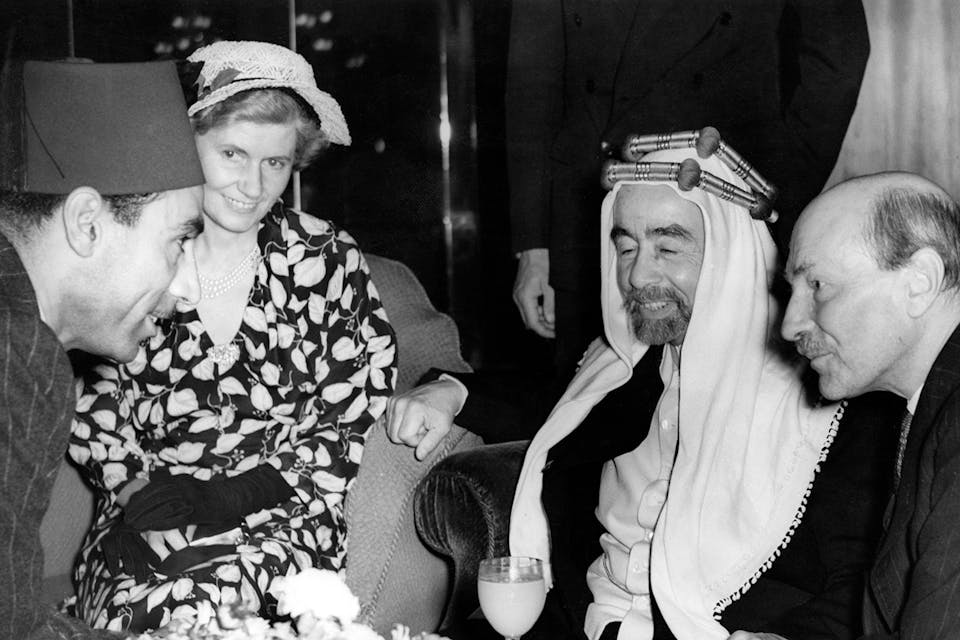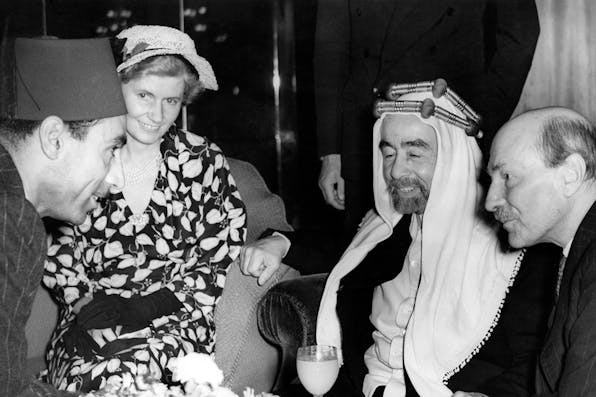
June 25, 2020
Kramer: The West Bank Was Annexed Once Before. It Ended in Regret.
A look at the ghost of annexation past.
Seventy years ago, on April 24, 1950, the parliament of the Hashemite Kingdom of Jordan resolved in favor of “complete unity between the two banks of the Jordan, the eastern and western, and their union in one single state.”
Two years earlier, in the first Arab-Israeli war, the military legions of Jordan’s King Abdullah had occupied the West Bank and had held their ground until signing an armistice with Israel in April 1949. Even earlier, Abdullah had taken a series of steps to unify the two banks—or, more precisely, to annex the West Bank to his existing kingdom. His 1950 “unification” of the two banks would last until the Six-Day War in June 1967.
Among Israelis, it has long been customary to dismiss Abdullah’s act as illegal, and to emphasize that, internationally, only Britain (or only Britain and Pakistan) ever recognized it. The invading Arab states in 1948, said Israel’s UN ambassador Chaim Herzog in 1977, “could not acquire rights of sovereignty over the territories they occupied,” and were “without any authority unilaterally to annex” them. Therefore, “Jordan’s unilateral ‘annexation’ of Judea and Samaria in 1950 . . . had no basis or validity in international law” and indeed “never received any international acknowledgement.”
Responses to June ’s Essay

June 2020
Wilf: Israel’s Final Border
By Einat Wilf
June 2020
Kontorovich: Israel Should Act Now
By Eugene Kontorovich
June 2020
Hacohen: Israel’s Security Interests in the West Bank
By Gershon Hacohen
June 2020
Mor: Annexation Would Be a Missed Opportunity
By Shany Mor
June 2020
Kramer: The West Bank Was Annexed Once Before. It Ended in Regret.
By Martin Kramer